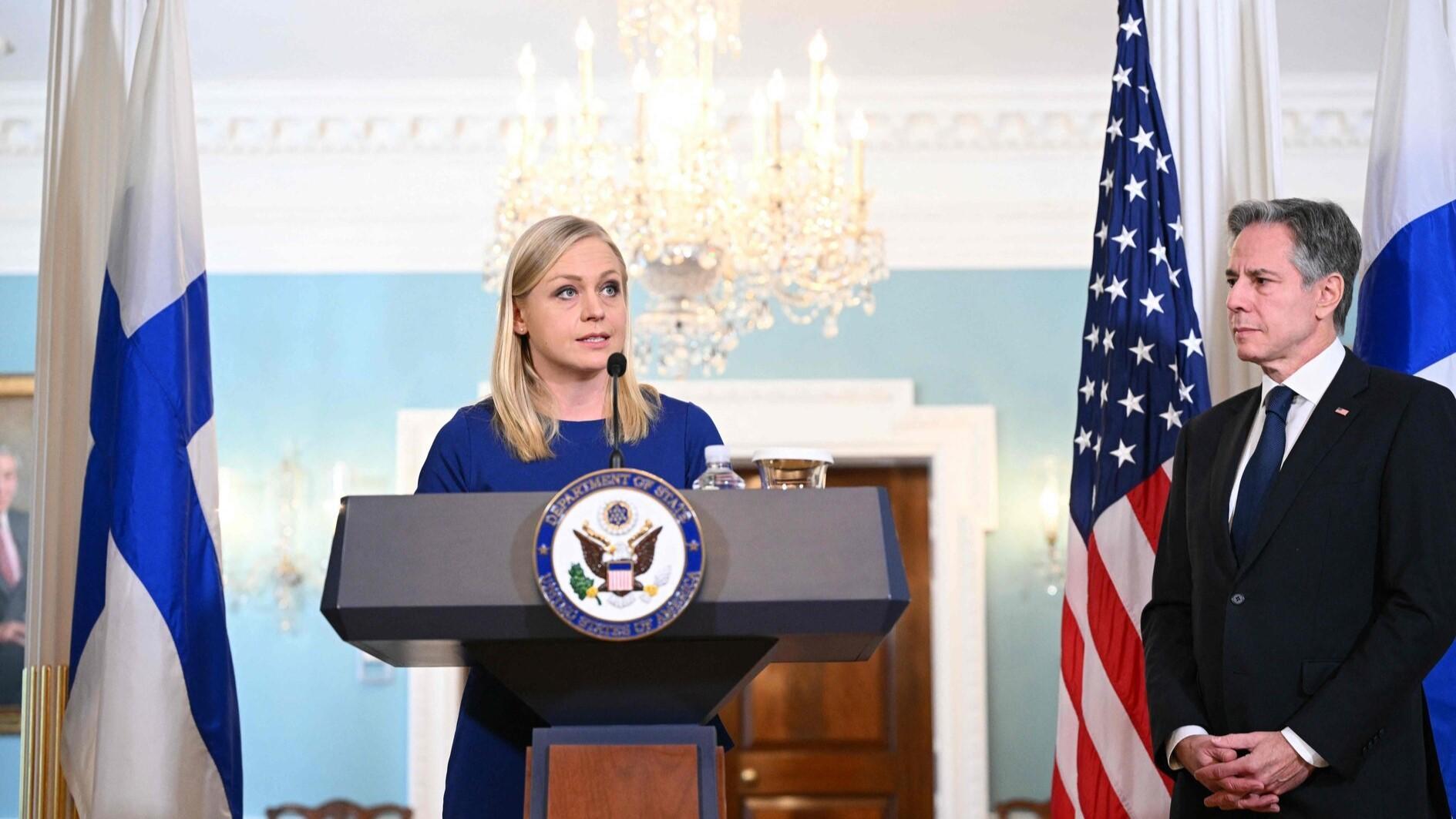
Finland on Monday has signed an agreement to enhance military cooperation with the United States, saying it saw a long-term threat from Russia, a day after its giant neighbor issued a warning over Helsinki's recent entrance into NATO.
The Defense Cooperation Agreement formalizes greater ties with the United States, including joint training of forces and military interoperability, in line with Finland's accession to the Atlantic alliance in April.
Signing the agreement in Washington with Secretary of State Antony Blinken, Defense Minister Antti Hakkanen hailed it as a "strong sign of U.S. commitment to the defense of Finland and the whole northern Europe."
"We do not expect the United States to take care of the defense of Finland. We continue to invest in our defense and share the burden in our area and beyond," he said.
"However, this agreement significantly enhances our ability to act together in all situations."
Finland, which fended off a Soviet invasion in the 1939-40 Winter War, for decades steered clear of formally entering NATO for fear of antagonizing its giant neighbor but changed course following Russia's assault on Ukraine, which had tried unsuccessfully to enter the alliance.
Russian President Vladimir Putin, in an interview with state television released Sunday, charged that the West had "dragged" Finland into NATO, saying Russia had long ago settled 20th-century disputes with Helsinki.
Putin announced the creation of a new district within Russia's military near Finland, with which Russia shares a 1,340-kilometer (830-mile) border.
Finnish Foreign Minister Elina Valtonen, speaking in Washington after the agreement signing, renewed accusations that Russia is trying to "weaponize migration" by sending people from developing countries through the border to the EU member.
"During the past two years, we have seen that there are very few restraints for Russia's aggressive behavior," she said at the Hudson Institute.
"We see that Russia will remain a threat to global security for the foreseeable future," she said.
Russia, she said, is "trying to distract us from its illegal war of aggression and to sow discord."